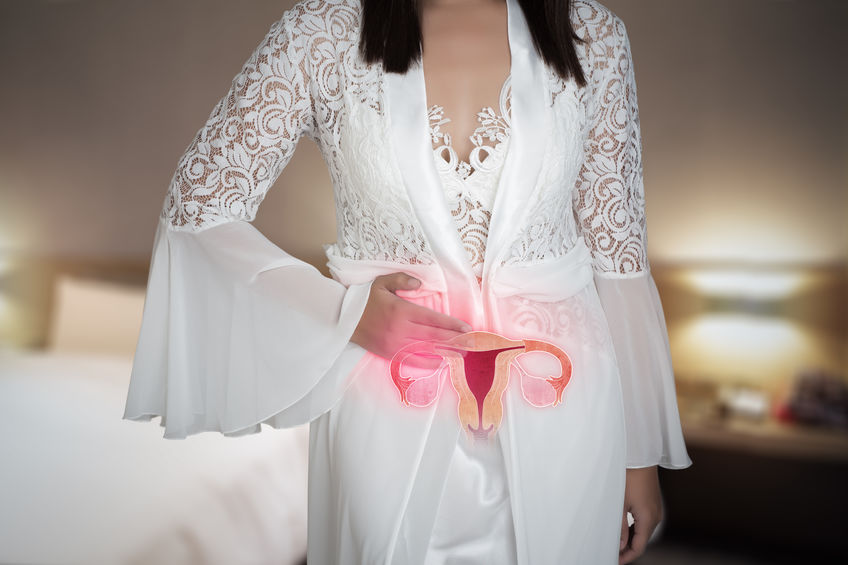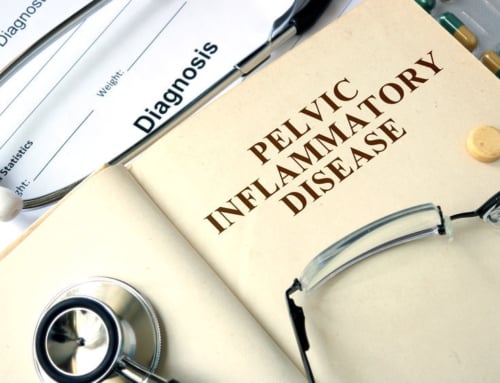What Is Considered Irregular?
When considering the menstrual cycle, there is a wide range of what’s deemed to be normal. This can leave women feeling confused about what classifies as irregular or abnormal uterine bleeding (AUB). In general, a woman’s menstrual cycle lasts between 21-35 days and bleeding occurs for 2-7 days. If a woman’s menstrual cycle is outside of this range, or if periods are so inconsistent as to not even be somewhat predictable, then there may be an underlying health condition causing irregular bleeding.
1. Uterine fibroids
Fibroids are typically benign tumors growing on the wall of the uterus. Many women who have uterine fibroids do not experience symptoms. In other cases, however, fibroids may cause heavy or abnormal bleeding. No one knows for sure what causes fibroids, though genetics likely play a role. The good news is that these growths can often be managed with medication or removed altogether through a surgical procedure.
2. Adenomyosis
This condition occurs when tissue that typically grows inside the uterus starts growing into the wall of the uterus. This can cause heaviness, pain, and irregular periods. Most cases of adenomyosis occur in middle age. Some risk factors for the condition include previous uterine surgery and childbirth. Most cases can be treated with medication and symptoms typically cease completely after delivery.
3. Hormonal imbalances
Because hormones regulate the menstrual cycle, hormonal fluctuations are often to blame for irregular bleeding. This is most common in women who are nearing menopause. During perimenopause, women may have a hard time distinguishing what’s normal and what requires medical attention. Typically, exceptionally heavy bleeding, bleeding after sex, or having menstrual cycles shorter than 21 days are all reasons to seek the advice of a healthcare provider.
4. PCOS
Irregular periods are one of the 3 main symptoms of polycystic ovary syndrome (PCOS). The condition occurs when a woman produces too many male hormones, which interferes with the reproductive system and menstrual cycle. PCOS is one of the most common causes of infertility and can contribute to other chronic health problems like diabetes and obesity. Treatment for PCOS typically starts with diet changes and weight loss and may also include medication or hormonal birth control.
5. Pregnancy
Women who have had regular periods in the past and suddenly skip a period may be pregnant. Early signs of pregnancy vary from woman to woman, however, an irregularity in the menstrual cycle is one of the most common first signs. Many women commonly experience implantation bleeding as an early sign of pregnancy. This is characterized by light spotting or cramping, and can sometimes be mistaken for an abnormal period.
Is your cycle normal?
What’s normal for one woman’s menstrual cycle may not be what’s normal for another woman. However, women should be in tune with whether or not the menstrual cycle is consistent. Women who are experiencing inconsistent periods, painful periods, or heavy bleeding should consult with a healthcare provider for diagnosis and treatment options.







